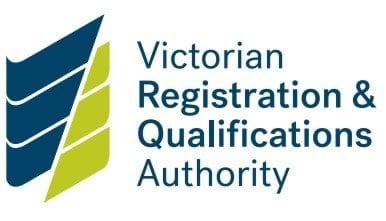About the Standard
This Standard requires non-school providers to have effective processes that:
- support children and young people to raise complaints
- ensure that they can appropriately respond to, and report suspected child abuse.
The complaints policies and procedures must be:
- child focused
- easy to understand
- culturally safe
- accessible.
This means children can understand what to do and who to talk to if anything makes them feel uncomfortable or unsafe. This includes procedures that children can understand and follow if they need to.
Non-school providers must ensure that they:
- take complaints seriously, and respond to them promptly and thoroughly
- co-operate with law enforcement
- meet reporting, privacy and employment law obligations.
How to comply
A non-school provider must ensure that its complaints policy:
- is updated to be child focused, culturally safe, accessible and easy to understand
- specifies the behaviour and procedures staff and volunteers must follow when they:
- receive a complaint
- become aware of a child safety concern
- specifies processes when staff breach policies and procedures including:
- the Child Safety Code of Conduct
- their obligations to act
- describes how children who make a complaint or raise a concern will be supported
- describes how it will act to protect children throughout an investigation
- outlines a timely response to complaints and investigation process
- clearly identifies the roles and responsibilities of leadership, staff and volunteers
- covers all obligations related to:
- recordkeeping
- information sharing
- reporting.
Examples of compliance
A non-school provider complying with this Standard may:
- provide procedures that allow for anonymity
- engage families, carers, students and the provider community when developing its policies and procedures
- design its complaints processes for children, not just adults
- offer information in diverse formats to ensure accessibility for the provider community such as:
- Braille
- assistive technologies
- different languages
- visual aids
- make its complaints policies and procedures available by:
- posting them on a website
- distributing them through the non-provider's newsletter or a handbook
- including them in both student and staff induction resources.
Updated


